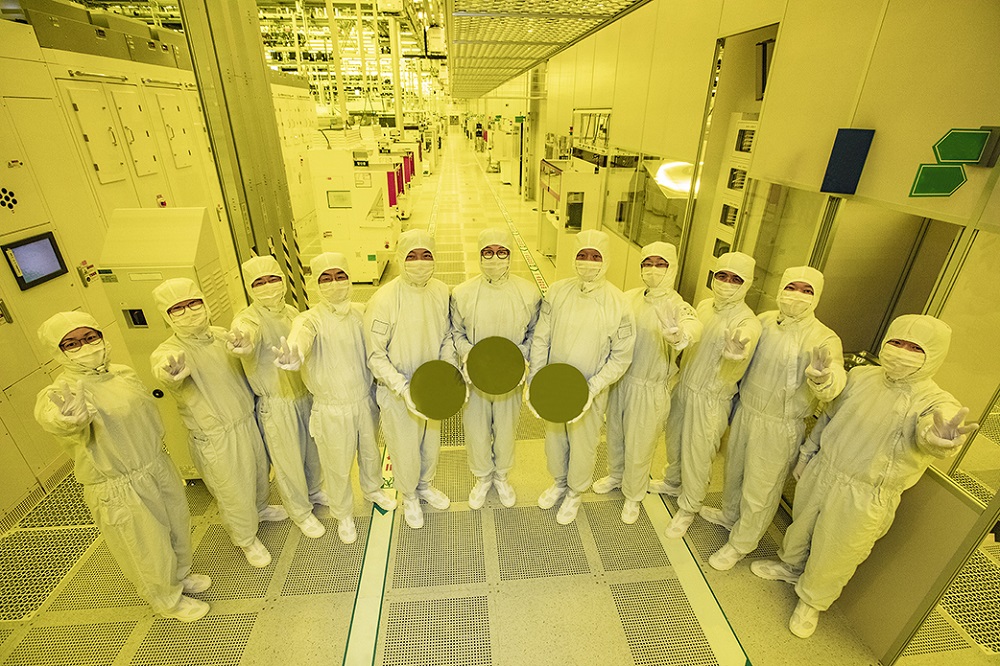South Korean Start-Up Challenges Nvidia AI Dominance

South Korean start-up Rebellions releases AI chip Atom to challenge Nvidia in domestic market, as country’s government backs industry growth
A South Korean AI chip start-up launched its entry into the Nvidia-dominated market on Monday as the country plans measures to create a domestic industry for such chips.
The Atom chip, launched by Rebellions, is an effort to challenge Nvidia, which commands about 86 percent of the market for AI chips.
The processor was manufactured using Samsung’s 5 nanometre EUV process after completing the tape-out design process in June.
It follows Rebellions’ successful launch of the Ion chip, aimed at fintech applications.

Power efficiency
Like Ion, Atom is tailored for specific tasks, in this case computer vision and chatbot AI applications.
This allows it to consume 20 percent of the power of an Nvidia A100 chip, according to the company.
But it isn’t suitable for the power-intensive process of training an AI language model, such as the one that powers the popular ChatGPT chatbot, the company says.
Rebellions received a 30 billion won (£19.6m) strategic investment from Korea Telecom (KT) last year and plans to work with KT to bid for a government plan to create two neural processing unit-focused data centres for which only domestic suppliers are allowed to bid.
Domestic tech
“Amid high dependence on foreign GPUs (graphics processing units) globally, the cooperation between KT and Rebellions will allow us to have an ‘AI full stack’ that encompasses software and hardware based on domestic technology,” said KT vice president Bae Han-chul in a statement.
SKTelecom-backed Sapeon Korea and Naver-backed FuriosaAI are also planning to bid for the project, Reuters reported.
Rebellions has raised a total of 122bn won, including the KT financing, a funding round in which Singapore’s Temasek Pavilion Capital took part and a 10bn won grant from the South Korean government.
The government is investing more than $800m (£663m) over the next five years in an effort to boost the proportion of Korean AI chips in domestic data centres from nearly zero to 80 percent by 2030.